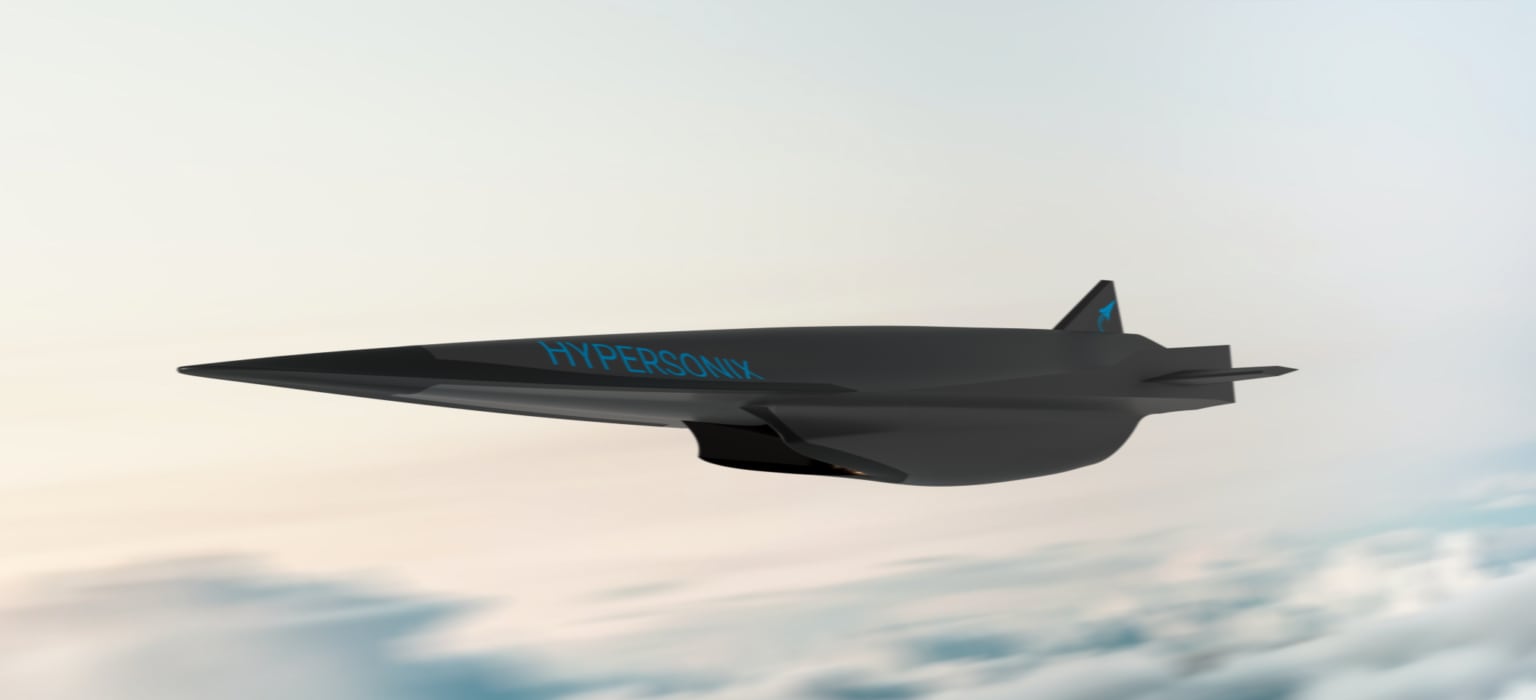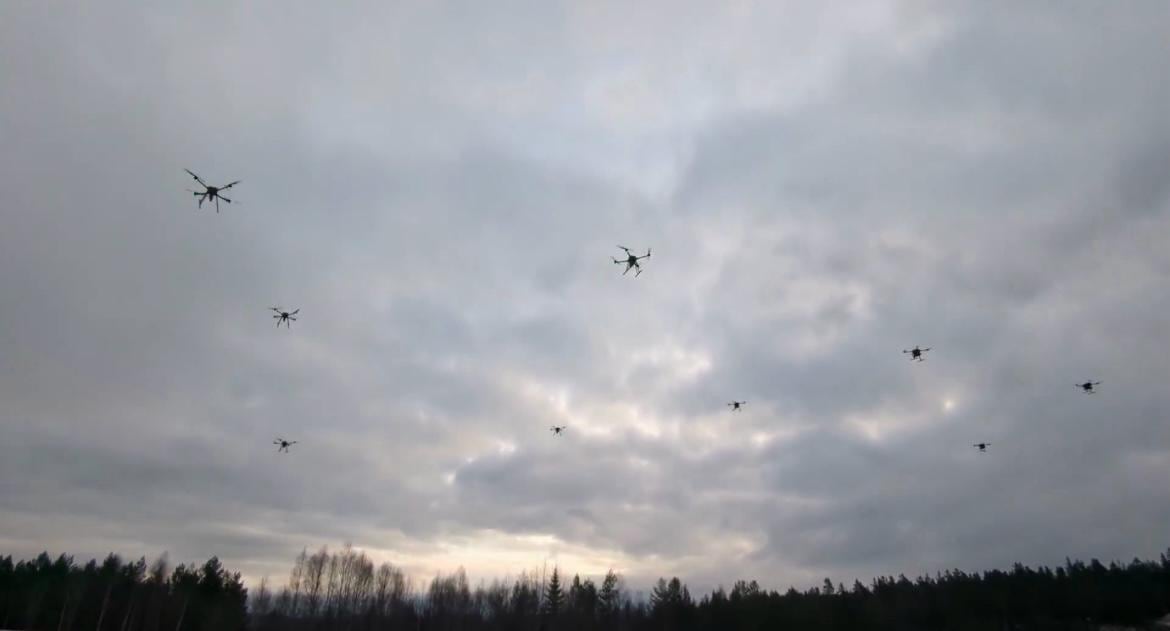WASHINGTON — The U.S. Department of Defense selected Hypersonix Launch Systems, an Australian aerospace company, to develop a high-speed aircraft that can test hypersonic technologies.
The aircraft will support a Defense Innovation Unit program called Hypersonic and High-Cadence Airborne Testing Capabilities, or HyCAT. The organization, which works to push technology from non-traditional companies to military users, is partnering with the Defense Department Test Resource Management Center and the director of hypersonics to help alleviate strain on government test infrastructure.
“Commercial companies are forging ahead towards reusable and low-cost test vehicles,” Maj. Ryan Weed, a program manager in DIU’s space portfolio, said in a March 16 statement. “The HyCAT project represents a paradigm shift in viewing the hypersonic realm as a place for aircraft, not just missiles and weapons.”
DIU gave no value for the contract. Hypersonix did not immediately respond to a request for details.
The military services are pursuing about 70 programs aimed at developing aircraft and weapons that can travel at hypersonic speeds, or faster than Mach 5. Testing infrastructure has been a limiting factor in the technology development process, with many programs conducting only a few trials each year. The Pentagon plans to increase that cadence and eventually fly at least one test per week, and HyCAT is part of that strategy.
The aircraft developed by Hypersonix, dubbed DART AE, will test high-speed platforms, components, sensors and communications and control systems. According to the company, DART AE is powered by a hydrogen-fueled scramjet engine and can fly at speeds up to Mach 7. The aircraft is scheduled to fly for the first time in early 2024, and HyCAT testing is expected to begin in the next 12-18 months.
DIU announced a second HyCAT award this week with California-based Fenix Space. The company builds a reusable tow-launch system that the agency expects will “improve the efficiency and affordability of high-cadence test flights.” Neither DIU nor Fenix provided details on the value of the contract.
“The data and analyses resulting from these prototype tests will accelerate the evaluation of potential weapon system concepts, technologies and mission sets,” DIU said.
Along with the initial HyCAT awards, the agency said it expects to issue more contracts in the coming months for advanced materials to support prototype tests.
Courtney Albon is C4ISRNET’s space and emerging technology reporter. She has covered the U.S. military since 2012, with a focus on the Air Force and Space Force. She has reported on some of the Defense Department’s most significant acquisition, budget and policy challenges.








